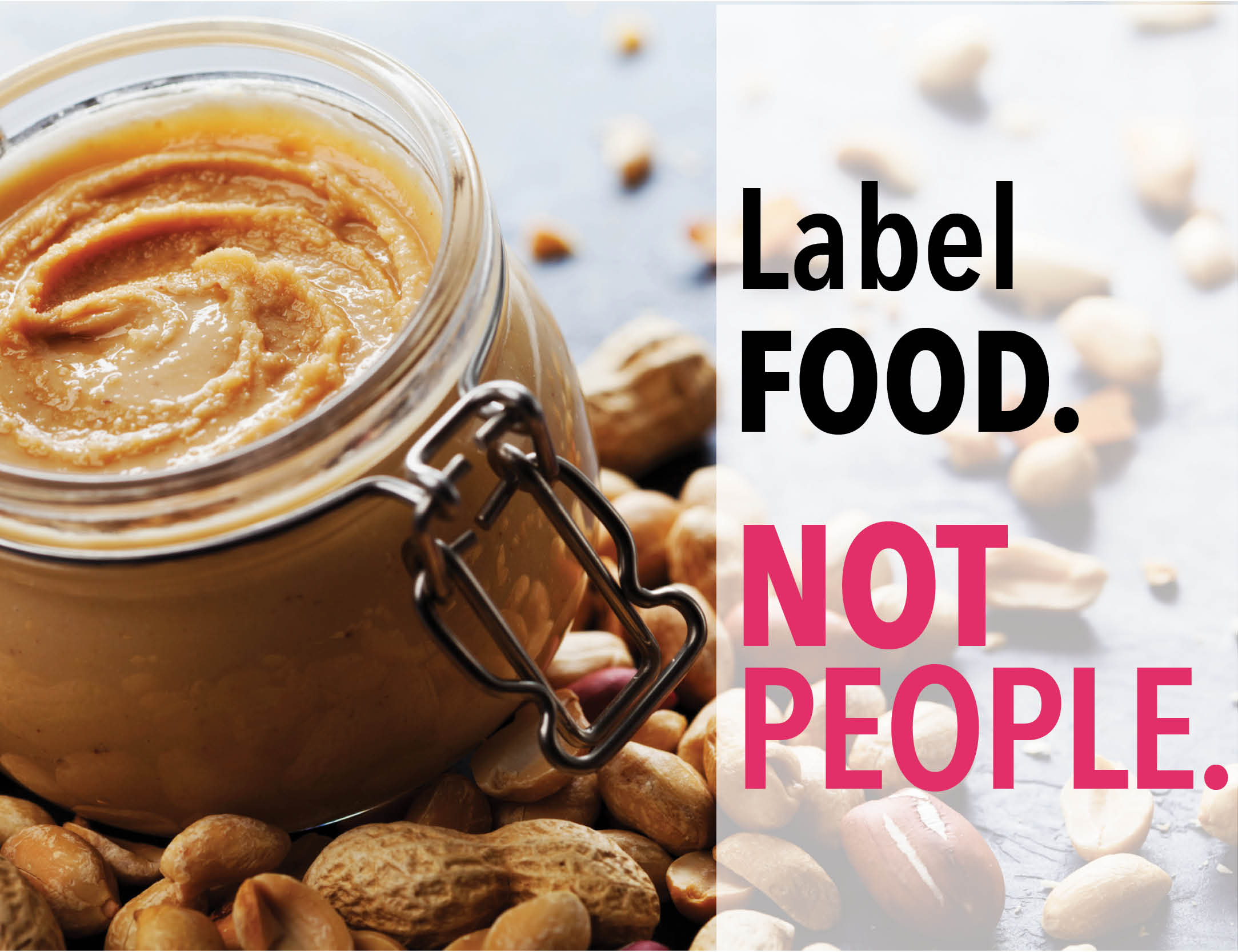By now, many are aware of some of the difficulties those with dietary restrictions face on a daily basis. Those with food allergies and intolerances not only face an intolerance to some foods and ingredients, but face intolerance by others for their invisible disability. Yes! It’s a disability, according to the Americans With Disabilities Act (ADA). Let’s make an effort to label food, not people.
Those with religious dietary requirements are often forced to decide between their core belief system and being able to sustain their nutritional integrity because an event didn’t have food they could eat.
Those with lifestyle dietary restrictions, such as a heart-healthy diet or a liver-friendly diet, due to an enzyme dysfunction or thyroid disease are still faced with supplementing their meals with food they bring from home or expensive alternative meals, because healthful food that is also delicious just isn’t available at some events, or in the workplace.
When many choose to reveal their needs, they face stigma, bullying, and labels! There are still industry professionals who try to give advice about serving those with dietary restrictions, but they encourage and reinforce this systemic intolerance by saying servers and chefs should judge how the person talks about their intolerance, decide whether they truly have a dietary restriction that would cause harm, and then serve whatever food they want to the person, based on that judgement.
We cannot know what a person goes through when they ingest, touch or inhale food that is bad for them. It IS our duty of care to ensure the well-being and safety of our employees and attendees. Lack of accommodations is illegal and dangerous. For lack of religious dietary accommodations, it infringes on religious freedom. For lack of accommodations for food intolerances and allergies, it’s “ableist.”
If you aren’t familiar with that language, it’s okay. Here’s what it means. People who do not have disabilities are called “able-bodied.” When one treats someone with disabilities (invisible or otherwise) as insignificant or inferior to an able-bodied person, it’s called “ableist.”
Let’s continue to add value in the workplace and at our meetings. Let’s be inclusive and condemn bullying in all its forms. Some of the best ways to meet the needs of our employees and guests is to avoid cross-contamination in the kitchen. Educate and train servers. Consider adding Meal Tickets as a way to encourage discreet, safe communication practices. Bring Thrive! Menu Management and/or Culinary Concierge into every event this year. And of course, clearly and accurately label all food. Let’s remember to label food, not people.



